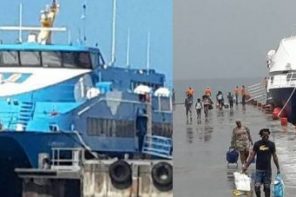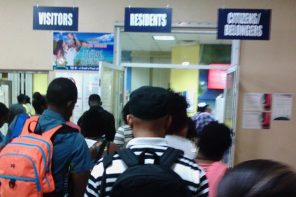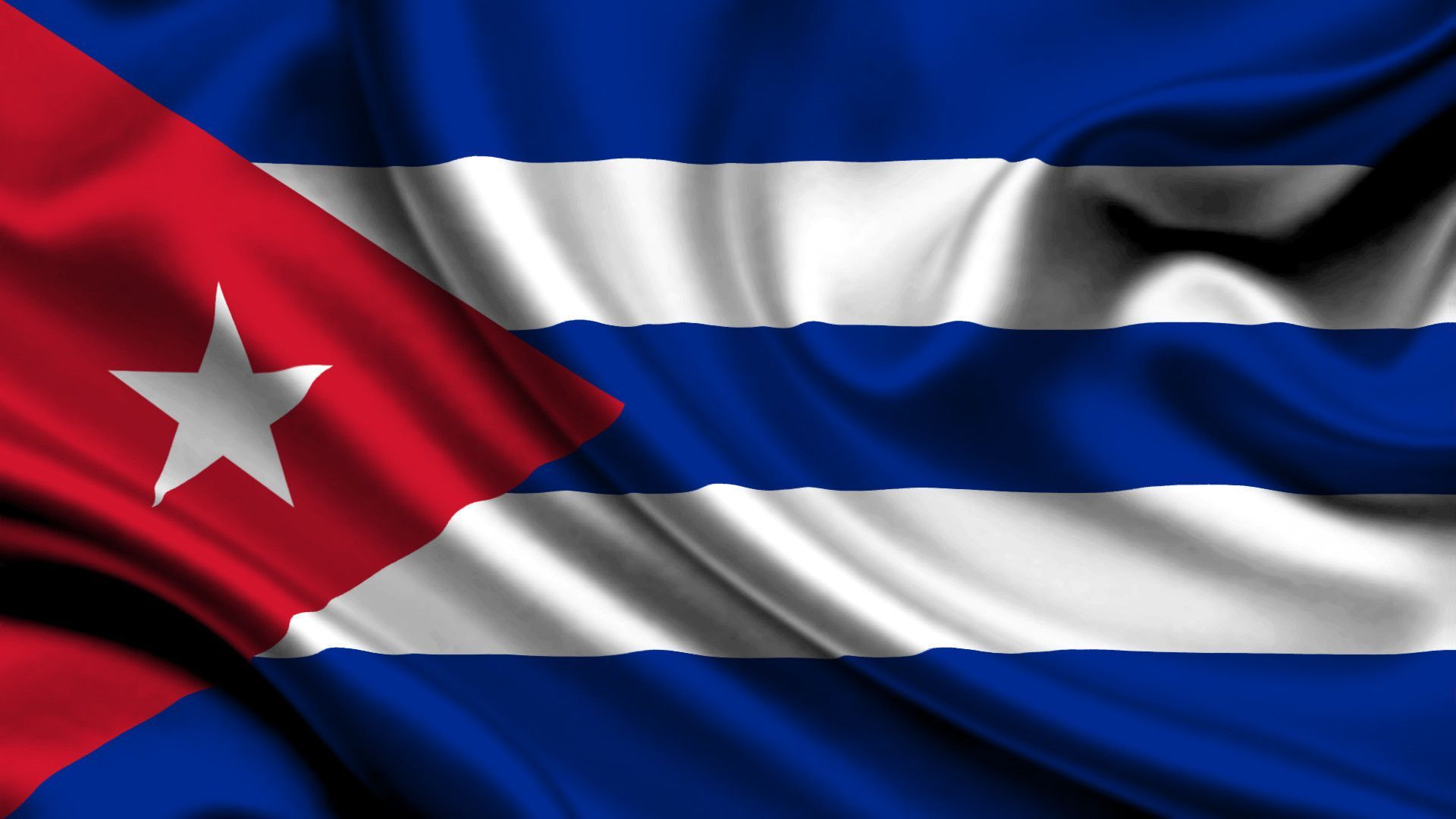The multi-million dollar Caribbean Forum (CARIFORUM) Crime and Security Programme was launched recently in Barbados, amidst concerns that Caribbean countries with relatively small populations are facing security challenges and the need for the region to adopt a multi-disciplined, multi-national approach to crime and security.
Head of the European Union Delegation to Barbados, the Eastern Caribbean States, and CARICOM/CARIFORUM, Daniela Tramacere, said as a result, regional integration and collective security mechanism have really become imperatives.
“Given the scarcity of resources required to address such a multiplicity of security issues, we the European Union, we share this philosophy in favour of regionalisation, we see actually regionalism as a stepping stone to a more effective way to global multilateralism.
“We believe in the value of contributing our best resources and capabilities to alliances and partnerships and to enable others with fewer resources to assume responsibilities in their own region,”: she said, noting both regions share a commitment to global peace, progress, prosperity as well as to democracy, human rights and the rule of law.
“The impact of crime on citizen security is of great concern to us as well and it is undermining substantially the sustainable development of the region,” Tramacere said, as she gave a rationale behind the EURO 12 million (One Euro =US$1.29) initiative being funded under the European Development Fund (EDF).
She said the collateral damage of the drug trade is “huge and obviously takes an important toll on society, fuels corruption, undermines the rule of law and leads to more organised crime. “It is a truism that crime has a negative impact on legitimate business and investment and this is unfortunately all too true in the Caribbean where estimates suggest that reducing the homicide rate by one third only from its current level could more than double the region’s rate of per capita income and economic growth.”
But she warned against ‘quick fixes” in dealing with the crime and security situation and urged the development of strong professional institutions that approach security challenges from an objective space, multi-dimensional and multi-stakeholder perspective. “This is why we prefer alternatives to traditional incarceration for non-violent drug offenders and put emphasis on a common sense approach to protecting public safety. So our strategy against drugs will only bear fruit unless it follows a balanced approach in which drug demand and supply are enforcing each other and we believe programmes like, for example, the drug treatment courts, should be a significant part of a security strategy that promotes better outcomes….
“The use of alternative sentencing …can help to address the issues of prison overcrowding as well as reduce the economic and social costs associated with incarceration. Most importantly, they can unite families, help communities feel safer and more secure and make lives whole again.
“We must break the vicious circle of arrest, trials and release (and) when people get out of prison, only to land back in court for repeated offences. We know that this path is not easy, it requires hard work,” she said.
In his address to the launch, CARICOM Secretary General Irwin LaRocque said the initiative is an “important and timely programme” and was yet another manifestation of the relationship between Europe and the Caribbean to attain sustainable development. He described the crime situation as an issue that requires all member states to be involved in a regional programme and strategy to deal with and made reference to the efforts by CARICOM leaders to put in place various strategies so as to curb criminal activities in the region.
LaRocque made reference to initiatives such as the CARICOM Arrest Warrant Treaty and plans for a counter-terrorism strategy, as he noted that regional countries were being “ravaged by this scourge” of crime, including drug trafficking. “This has led to a steady increase in the availability of illegal firearms. The reality is that neither the most trafficked illicit drug, cocaine, nor the firearms, is produced in our countries. Our region is a transit-point for both. However, significant amounts of both remain on our shores, fueling extreme violence, institutionalized criminal behaviour and increased gang violence.
“This threatens the security of citizens and visitors and has an impact on the safety of community life, as gun and gang violence become rife and create dysfunction in families through drug addiction and alcoholism. The greatest impact is on our human resources which we need to continue to build resilient, strong societies.”
LaRocque said the programme being launched Wednesday focuses on reducing the demand for and dependence on illicit drugs on the one hand, and on crime prevention on the other. The project presents a diverse mix of interventions to buttress the challenges we are facing,” he said, noting, however, that whatever projects and programmes are put forward, the core of this battle must be fought in the home.
“Families have a vital role to play in turning the tide of this struggle. The tried and tested values of love, hard work, honesty, character building, belief in self and self-respect are key weapons. The first intervention must be in the home.” “Our Region cannot afford complacency in the face of ever evolving threats to our safety and security. Beyond the toll taken on people and society, crime and violence have become very costly to the Region’s economy, and have an adverse impact on foreign investment and tourism. “More than ever, we need to remain united in our efforts to fight crime in all its dimensions. The onus is on us to provide a secure Community for all our people,” LaRocque added. (CMC) ¤




